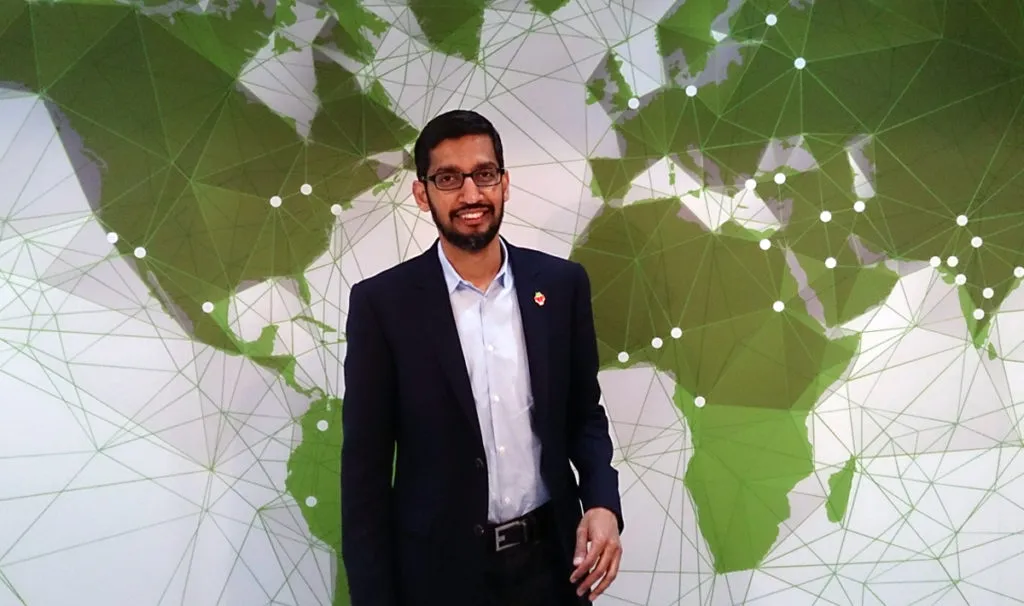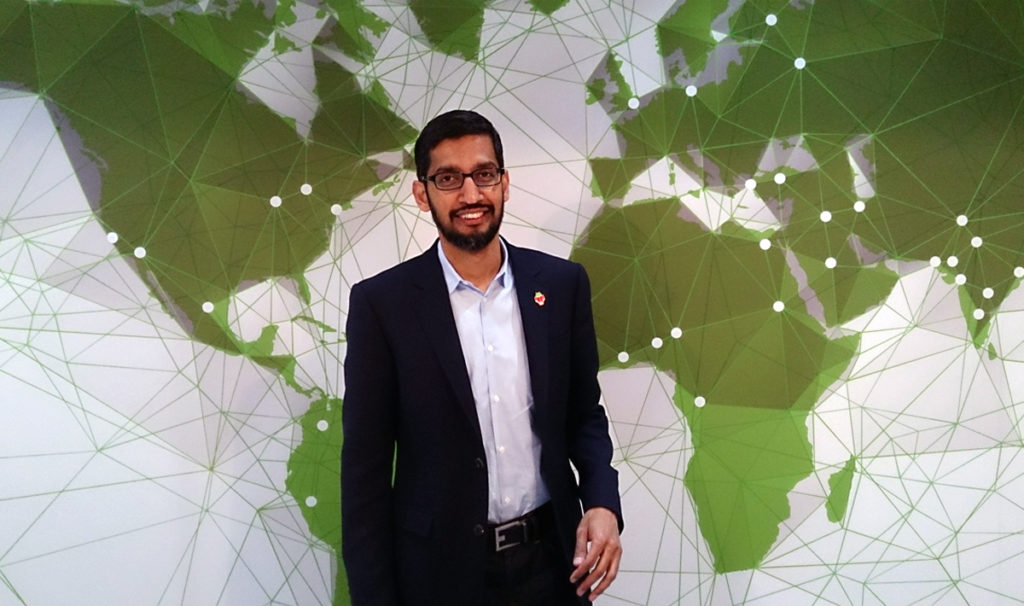As of April 28th, the controversial application Yik Yak is shutting down. Its main premise was simple yet innovative, a way for local communities – primarily colleges – to post onto a virtual message board while maintaining the unique sense of anonymity slowly becoming defunct in the modern age; where social media sites like Facebook extend your identity to all corners of the internet.
Yik Yak relied on finding the location of an individual’s device to show them their “herd,” or the group of yakkers closest to them in geographic proximity. The application proved to have immense popularity with millennials, and was used as a device by several news sites to reach out to a younger audience.
However, the double edged sword to the application’s popularity was its anonymity, something that lead to many cases of cyber bullying and other harassment between users. Yik Yak attempted to remedy this through the integration of required handles in March of 2016, which ultimately caused the application’s popularity to plummet until the reintegration of optional anonymous posts in mid November.
The application struggled to recoup its former level of notoriety, and as of this month is closing its doors due to the acquisition of several of its engineers by Square Incorporated, with a promise by its founders to look ahead with the future of the Yik Yak brand.
But is it possible for applications relying on local geographic networks to provide anonymity while maintaining a relatively positive interaction between its users? That remains to be answered.











